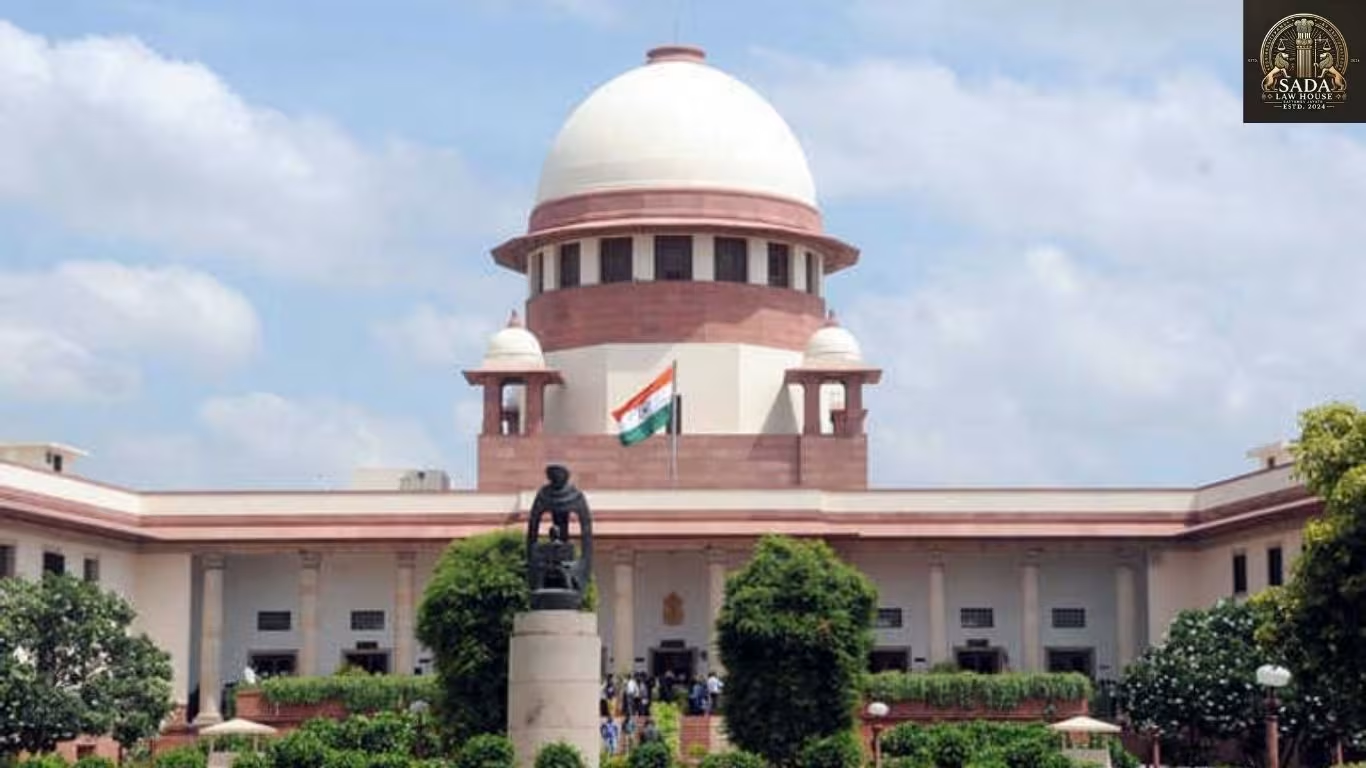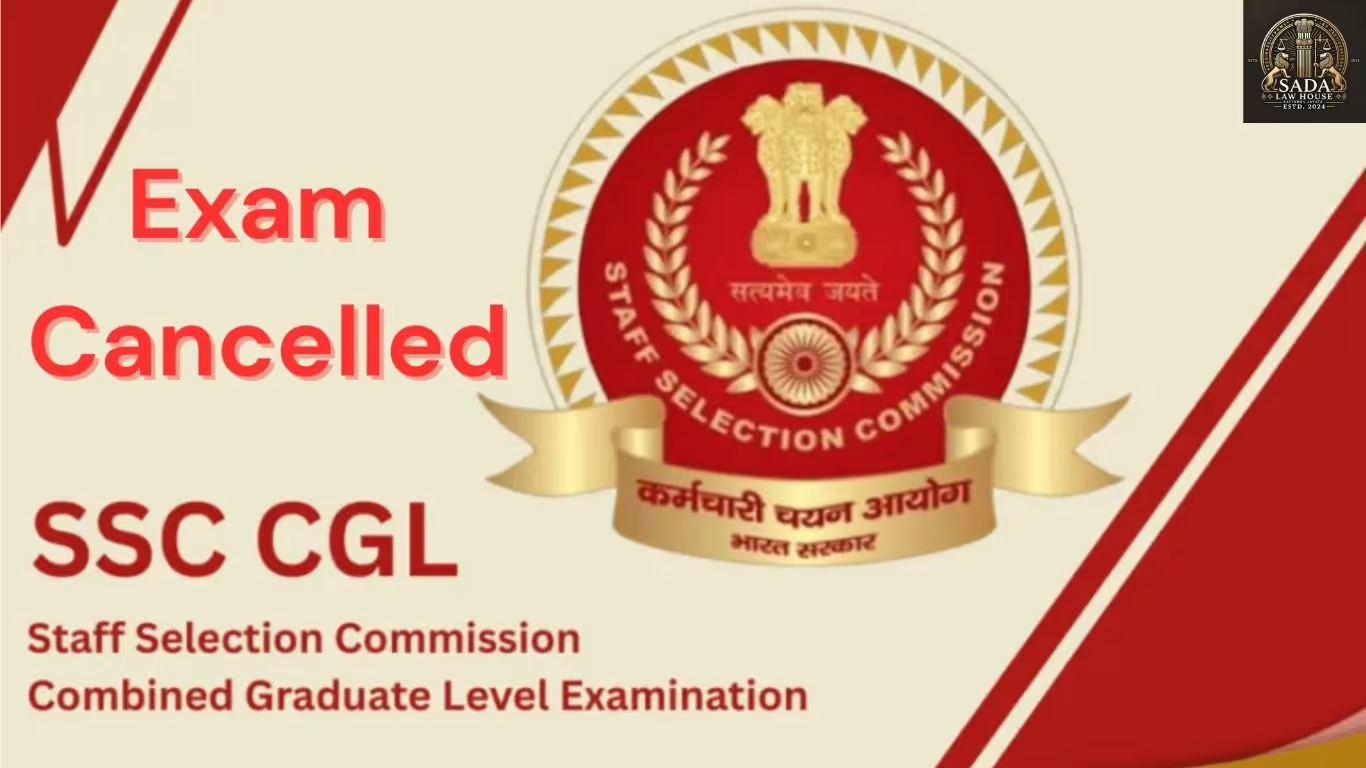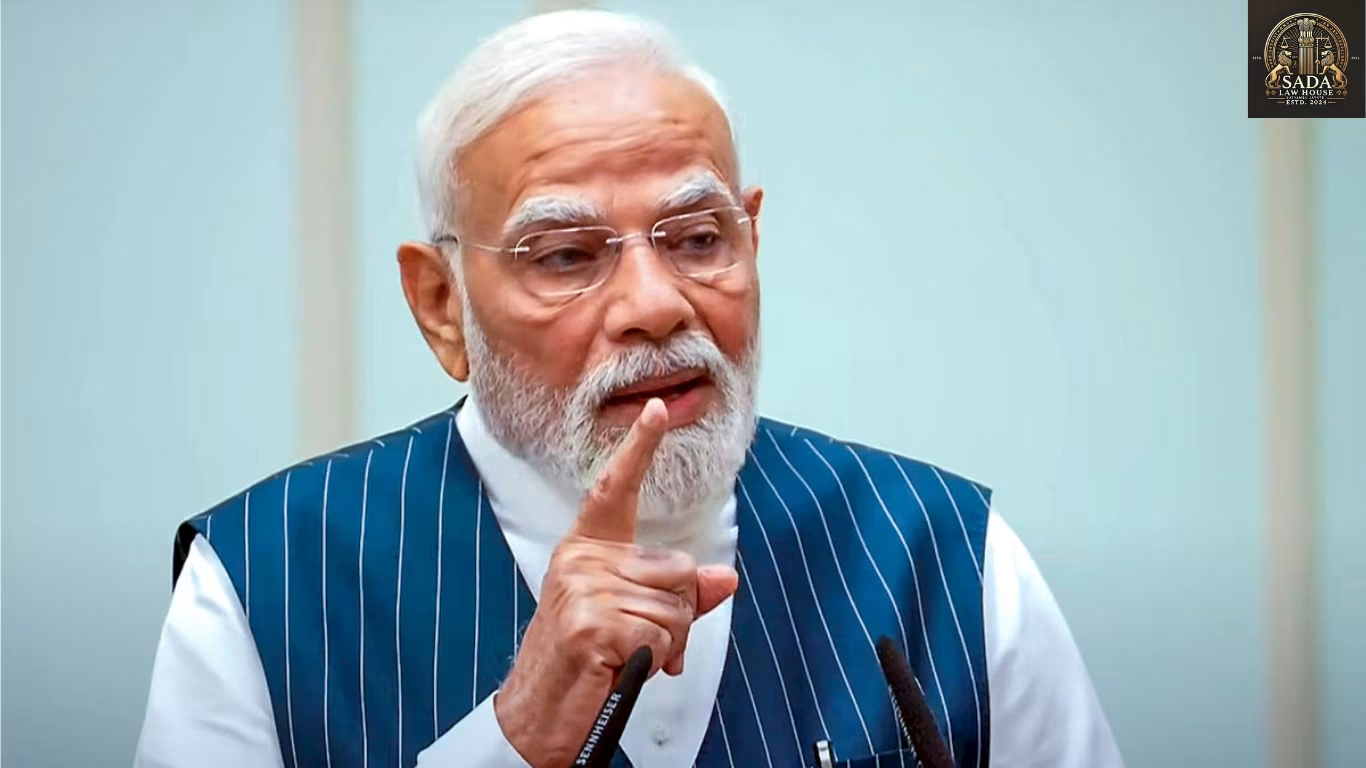Supreme Court Asks Courts to Decide Bail Pleas Within 2 Months of Filing
- Kashak Agarwala
- 14 September 2025

Introduction
The Supreme Court, in Anna Waman Bhalerao v. State of Maharashtra, directed that all High Courts and trial courts must dispose of regular and anticipatory bail applications within two months of filing. The Bench of Justice JB Pardiwala and Justice R Mahadevan emphasized that prolonged pendency of bail matters infringes upon constitutional guarantees of liberty under Articles 14 and 21.
Court’s Observations
The Court reiterated that bail applications must be decided on their merits without leaving parties in indefinite uncertainty. Long delays in disposal not only undermine the object of the Code of Criminal Procedure but also amount to a denial of justice, running contrary to constitutional ethos.
Key Directions Issued
The Supreme Court laid down the following guidelines:
a) High Courts must ensure speedy disposal of bail/anticipatory bail pleas within two months, barring deliberate delays by parties.
b) Administrative directions should be issued to subordinate courts to prioritize personal liberty cases and curb endless adjournments.
c) Investigating agencies must prevent investigations from dragging unnecessarily, ensuring fair treatment to both complainants and accused.
d) High Courts should ensure that no bail application remains pending indefinitely, as prolonged pendency itself is an assault on fundamental rights.
Additionally, the Registrar (Judicial) of the Supreme Court was instructed to circulate the judgment to all High Courts for immediate compliance.
Case Background
The ruling arose from appeals by two retired revenue officers whose anticipatory bail applications had remained pending before the Bombay High Court since 2019. Despite interim protection being granted during the pendency, the High Court dismissed the pleas in July 2025, more than six years later.
Freedom and Freedom of Docket
The Bench acknowledged the chronic issue of docket explosion but underscored that cases involving personal liberty must always receive priority. Bail decisions should be straightforward, based on factual considerations, and not left hanging over applicants like a “sword of Damocles.”
Outcome of the Present Case
The Supreme Court upheld the Bombay High Court’s refusal of anticipatory bail, noting that custodial interrogation was necessary to trace transactions, establish complicity, and prevent suppression of evidence. The Court also highlighted the appellants’ lack of cooperation despite six years of interim protection, affirming that no interference was warranted in the High Court’s judgment.
Conclusion
The ruling strengthens the constitutional protection of personal liberty by mandating time-bound disposal of bail pleas. While upholding the Bombay High Court’s refusal of relief in this particular case, the Supreme Court has set a binding precedent to prevent undue delays and ensure that bail applications are treated with urgency across all courts in India.






